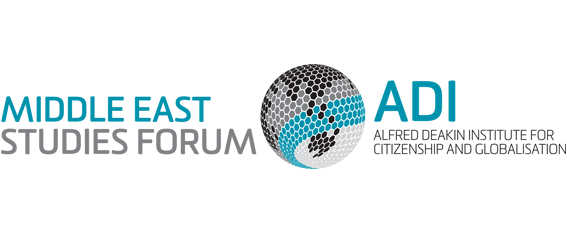
CALL FOR BOOK CHAPTERS
Technologies and digital activism in authoritarian contexts
Editors: Professor Shahram Akbarzadeh, Professor Ihsan Yilmaz, Dr Zahid Shahab Ahmed, and Dr Galib Bashirov (Deakin University, Australia)
Introduction
Technologies mediate power. When they are used by activists, they contribute to networking activists on a larger scale, self-representation, and empowerment. In the meantime, the intertwined political and business interests and social prejudice shape technologies and render them into surveillance tools silencing unappealing voices to the ear of authoritarian regimes, putting activists’ life at risk, and further imposing threats on deliberative democracy. Strategies and alternative technologies are thus used by political activists to navigate sorts of constraints imposed by technologies and authorities. This paradoxical impact of technologies has been felt across authoritarian regimes, with the widespread adoption and popularity of digital technologies among both people and governments over the past two decades. In this proposal, ‘technologies’ are non-specifically defined as we hope to bring together studies focusing broadly on a variety of digital or non-digital technologies, their different roles in shaping digital activism across authoritarian contexts, and their impact on democracy. In so doing, we contest a technology-centered perspective while acknowledging a non-universal, historical use of technologies and activist practices.
Scope
This edited book is extended from the project, funded by Gerda Henkel Foundation under the Democracy funding scheme. The project is led by a group of scholars from Deakin University with a focus on the impacts of digital technologies on democracy in Egypt, Iran, Pakistan and Turkey. We believe that there is more to explore beyond the four countries. Therefore, we wish to take this chance to aggregate high-quality contributions focusing on technologies, digital activism, and their impacts on authoritarian regimes. This edited book is aimed to be published with a prestigious university publisher (preferably the Edinburgh University Press). We particularly seek contributions that will answer one or more of the following questions:
- How do technologies affect the prospects of democracy and authoritarianism
- How do current and emerging technologies facilitate or challenge democracy?
- How do emerging, alternative, or non-conventional technologies (re)configure individuals, civil society organizations and opposition political parties and their activist practices vis-a-vis authoritarian regimes?
- To what extent and how do governments and/or government-affiliated actors (i.e., trolls, bots, or hackers) exploit technologies to exert more effective surveillance or policing of individuals and the opposition?
- How do political activists and organizations devise strategies to circumvent the suppression from authoritarian regimes mediated by technologies?
- How do the concept and practice of digital authoritarianism evolve in response to the rising authoritarian power?
Timeline
This edited volume will consist of 8-10 chapters, with each chapter being composed of 6,000 to 8,000 words. We invite abstracts (150-200 words) from interested scholars to be submitted by 1 December 2022 to Dr Zahid Ahmed at: zahid.ahmed[at]deakin.edu.au. While submitting your abstracts, please share a short biography (100-150 words) and your contact details. Selected authors will be notified by 15 December 2022 to submit full papers by 15 March 2023. The authors will be provided with submission guidelines. The papers will be reviewed by the editors before the virtual workshop that we plan to hold via Zoom in the second half of April 2023. Based on the feedback received during the workshop, all authors will revise and submit their final chapters by 31 May 2023.

